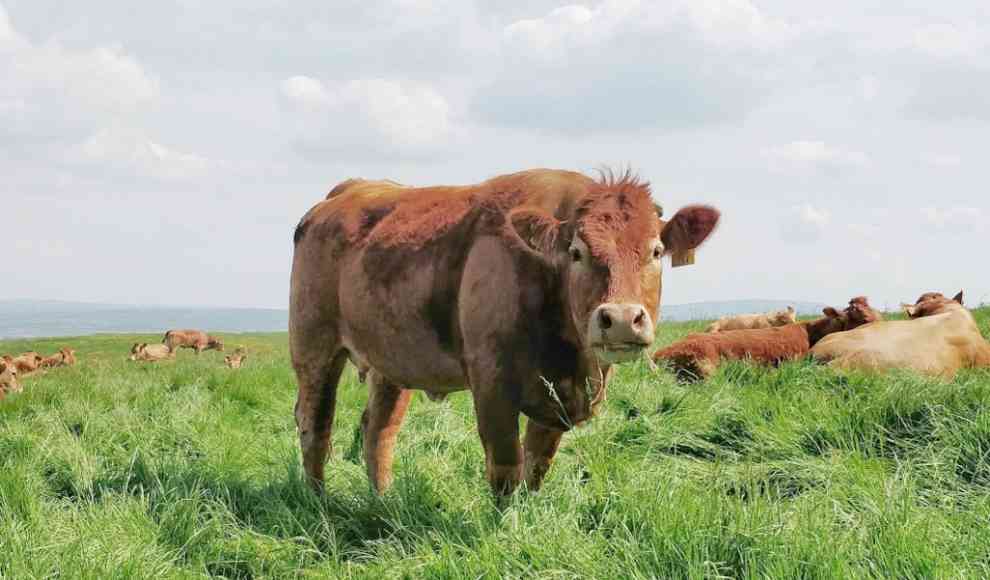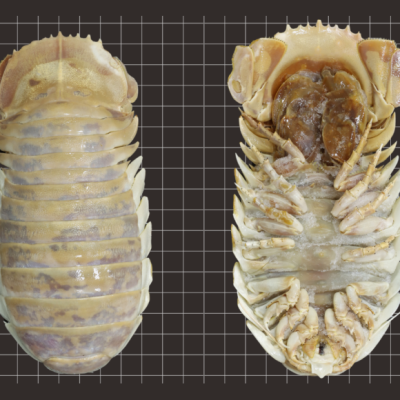The agriculture industry in Germany is causing ecological damage worth 90 billion euros annually, according to a report by the Future Commission on Agriculture. The report, which was authored by environmental groups, scientists, and representatives from the agriculture and construction industries, calls for a shift towards more plant-based diets, ecological farming practices, and increased climate protection. The report also acknowledges that conventional farming methods, particularly in animal husbandry, are causing significant environmental damage. If the external costs of agriculture were factored into product prices, beef would need to cost five to six times more than it currently does, while dairy products would need to be two to four times more expensive.
The report marks a significant step forward in acknowledging the environmental impact of the agriculture industry in Germany. The Future Commission on Agriculture, which includes representatives from a range of interest groups, has called for a reduction in meat consumption and a shift towards more plant-based diets. The report also recommends investing 11 billion euros to mitigate the environmental damage caused by agriculture, including the restoration of wetlands, the creation of flower meadows, and the transition to ecological farming practices.
While the report acknowledges the need for change, it also recognizes the challenges of balancing environmental concerns with the economic realities of the agriculture industry. Werner Schwarz, Vice President of the German Farmers’ Association, commented that “only if farms make money can we provide environmental services.” The report also calls for a reduction in livestock numbers and for the adaptation of animal husbandry practices to meet climate goals. The Future Commission on Agriculture’s report has been praised for its comprehensive approach to addressing the environmental impact of the agriculture industry, with Kai Niebert, President of the German Nature Conservation Ring, stating that it has “resolved decades-long conflicts.”










